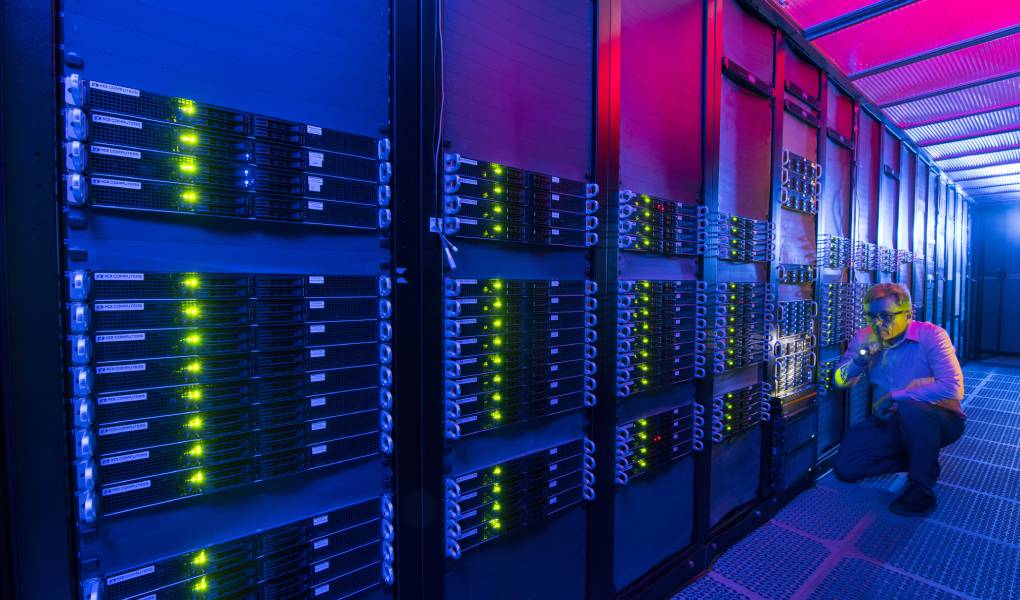Having a private cloud solution is an alternative and, in many cases, a solution. Even if you have a server in your company and you think that the cloud is not for you, you should consider multiple aspects, especially if you are concerned about security.
Having your server can have advantages, mainly because it is pretty cheap (except for the expense of the purchase and its initial configuration), and only your company will be the owner of the data, and as such, the one in charge of managing the security (encryption and backup copies).
But it can also lead to significant drawbacks, which you should be aware of. Let’s see the risks of having a server in the office, so you can evaluate if it really would be the best option.
Disadvantages Of Having a Server In The Office
No company wants to compromise its vital information or its sensitive data, putting it on a tray to “hackers,” who are on the prowl, looking for vulnerabilities in the system to get hold of them.
But I do not want this to happen, nor does it provide the knowledge, nor does it provide the capabilities or the necessary means to avoid it. And it is that managing a server, which is where valuable business data is stored, is a great responsibility.
At this point, you have to ask yourself the following: is my company prepared to guarantee its server’s security and proper functioning? We explain the most common risks that you will have to face.
Ineffective Management With Little Security Training
Sometimes the lack of dedication, and ignorance about the necessary security measures to keep the sensitive data of a company protected, can compromise the server’s security and put on a tray the theft of that confidential information (passwords, domain, IP, data banking…).
Some examples of these measures would be the installation of security patches, firewalls, bug fixes or error correction, the configuration of secure keys, etc.
Insecure Network Protocols
Suppose the selected network services are insecure (such as FTP or Telnet), thus classifying those that do not require encrypted names and passwords. In that case, it will be relatively easy for hackers to get hold of that information, monitoring the user who remotely accesses the server and that network service.
It can also happen that a hacker redirects traffic from the insecure network to your server or machine, diverting it from the destination server. In such a way that when a person accesses your server using that network protocol, they are automatically led, without realizing it, to the place where the hacker wants, so that he can easily steal all the confidential information.
Vulnerability Due To Lack of Updates
Over time, electronic devices become obsolete and require updates. The same happens with servers, and it is something that is not usually kept in mind.
Not investing part of the budget in keeping both the software (operating system, applications, patches, backup copies) and your server’s hardware (hard drives, CPU, memory…) up to date and working correctly will make it vulnerable. They will open loopholes through which malicious attacks (hackers or viruses) could occur.
Server Crashes
Their servers do not have a data center where they can be housed with 24-hour surveillance, seven days a week, or uninterruptible power supply systems, or redundant sources, etc., so any server crash due to an electrical, software, or hardware failure would leave the company incommunicado until the problem or breakdown is solved.
Now that you have valuable information and know the risks of having a server in the office, it’s time to assess whether you think it can compensate you and whether your company has trained personnel to manage it effectively, or, on the contrary. , it will bring you complications.
